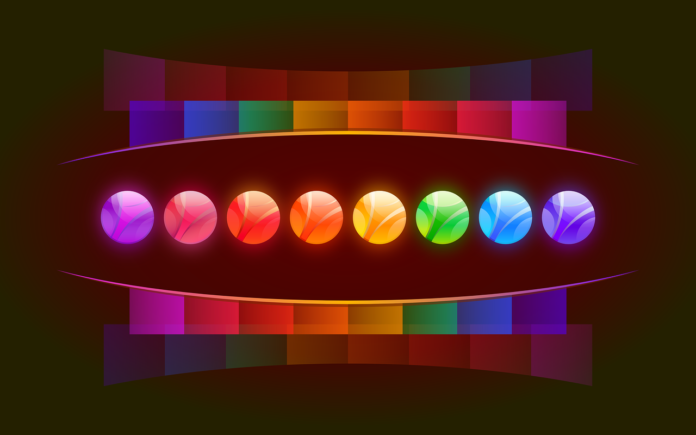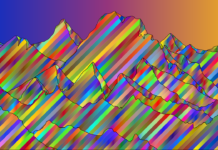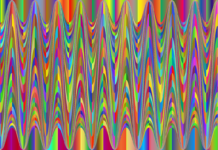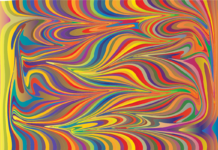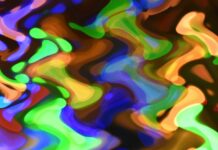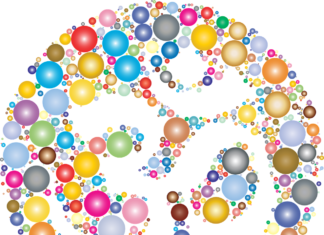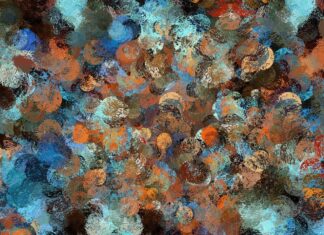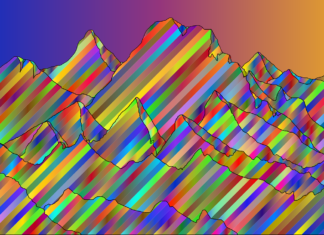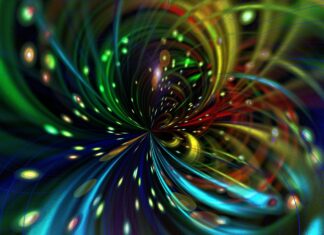Simulated Reality, also referred to as Simulated Universe or Simulation Hypothesis, is a captivating concept that posits the idea that our reality, the universe we perceive, might actually be a complex simulation. This concept raises profound philosophical, scientific, and metaphysical questions, challenging our understanding of existence and the nature of reality itself. At its core, Simulated Reality contemplates the possibility that we are living within a meticulously designed simulation, much like the virtual worlds we create in video games and simulations.
The allure of Simulated Reality lies in its potential to reshape our perception of existence, blurring the lines between what is real and what is simulated. Here are ten important aspects to consider:
The Simulation Hypothesis: Simulated Reality is grounded in the Simulation Hypothesis, which suggests that an advanced civilization, perhaps far more technologically advanced than our own, could create simulations with conscious beings, effectively generating a simulated universe with sentient inhabitants.
Philosophical Implications: The concept stirs philosophical debates, touching upon questions about the nature of consciousness, the meaning of existence, and the ethical responsibilities of simulating conscious beings.
Technological Advancement: The realization of Simulated Reality requires a profound level of technological advancement, including computing power, simulation techniques, and a deep understanding of physics, to accurately replicate the complexity of our universe.
Simulation Fidelity: One of the challenges lies in achieving a high level of simulation fidelity, where every aspect of the simulated universe behaves according to the laws of physics as we understand them. Achieving this level of fidelity is a monumental task.
Ancestor Simulations: Philosopher Nick Bostrom introduced the idea of “ancestor simulations,” suggesting that if even a single advanced civilization chose to run simulations of their ancestors, the number of simulated beings could vastly outnumber the biological beings. This raises the probability of us living in a simulated reality.
Technological Limitations: Critics argue that the sheer complexity and computational power required for simulating an entire universe pose significant technological limitations, challenging the feasibility of the Simulation Hypothesis.
Evidence and Testing: As of now, there is no definitive evidence to prove or disprove Simulated Reality. Some physicists suggest that if we were indeed in a simulation, we might encounter specific anomalies or limitations in our universe that could serve as clues.
Simulation within Simulation: The concept can lead to the idea of nested simulations, where simulated beings within a simulation create their simulations, forming a potentially infinite chain of virtual worlds.
Ethical Considerations: If we were to simulate conscious beings, ethical questions arise about their rights, autonomy, and the moral responsibility of the simulators towards their creations.
Cultural Significance: Simulated Reality has permeated popular culture, inspiring numerous science fiction works, movies, books, and philosophical discussions that explore the implications and mysteries of existence within a simulated universe.
Intriguingly, Simulated Reality brings into question the very nature of our understanding of reality. Whether the concept remains a fascinating hypothetical or becomes a groundbreaking revelation, it has already spurred thought-provoking discussions that challenge the boundaries of human comprehension and knowledge. As technology advances and our understanding of physics deepens, the exploration of Simulated Reality will likely continue to captivate the human imagination and spark innovative scientific inquiries.
Simulated Reality, a concept that has ignited fervent debates and philosophical musings, delves into the profound notion that the world we perceive as reality might, in fact, be an intricate construct of virtual existence. This paradigm-shifting hypothesis challenges the very fabric of our understanding, positing that the universe we inhabit could be a meticulously crafted simulation rather than an objectively tangible realm. It is the intersection of cutting-edge technology, philosophical pondering, and scientific curiosity that has birthed this idea, offering a unique lens through which to explore the nature of existence. Simulated Reality beckons us to question the very essence of our reality, to peel back the layers of perception and seek the truth behind the enigmatic curtain of simulated existence.
At the core of the Simulated Reality concept lies the notion that an advanced civilization, far surpassing our current technological prowess, could have developed the capability to construct intricate simulations populated with sentient beings. Much like the simulations we create in video games or virtual environments, these simulations could mirror reality to such a degree that the simulated beings within them would possess consciousness, emotions, and a perception of reality as real as our own. This provocative idea sparks contemplation about our own reality, forcing us to confront the possibility that we might exist as denizens of an elaborate simulation, living out lives intricately woven into lines of code and digital experiences.
Philosophers, scientists, and thinkers alike have grappled with the implications of Simulated Reality, pondering questions that stretch the boundaries of human understanding. Central to these discussions is the philosophical conundrum of consciousness. If our reality is indeed a simulation, does our consciousness lose its authenticity, relegated to a mere projection of programmed algorithms? The very essence of free will, the cornerstone of human agency, faces scrutiny under this hypothesis. Are our choices truly our own, or are they predetermined by the architects of our simulated reality?
As our technological prowess continues to surge forward, the concept of Simulated Reality becomes increasingly tantalizing. With the exponential growth of computing power, it is not inconceivable that we might one day possess the ability to create our own simulated universes, complete with sentient inhabitants who are unaware of their virtual nature. This leads to a fascinating ripple effect: the potential for nested simulations. Just as we could create simulations within our reality, it becomes plausible that those simulated beings might, in turn, create their own simulations, forming an intricate chain of virtual worlds within virtual worlds.
The tantalizing prospect of Simulated Reality extends its tendrils into the realm of physics and cosmology. Some physicists propose that the presence of specific anomalies or limitations within our universe could potentially serve as evidence of a simulated reality. The nature of reality itself, the fundamental laws of physics, and the intricate dance of particles take on new dimensions when viewed through the lens of simulated existence. Quantum phenomena, which have long mystified scientists, could be reinterpreted as artifacts of the underlying code governing our simulated reality, sparking renewed investigations into the true nature of the subatomic realm.
Yet, for all its allure, the concept of Simulated Reality is not without its skeptics. Critics point to the immense computational power required to simulate an entire universe with every intricacy meticulously replicated. The sheer complexity of such an endeavor raises questions about the feasibility of creating a simulation that can match the fidelity of our reality. Furthermore, the philosophical quandaries surrounding the ethical treatment of simulated consciousness cannot be ignored. If we were to embark on the journey of creating conscious beings within simulations, what responsibilities would we bear toward them? The ethical implications ripple through questions of autonomy, rights, and the very definition of what it means to be human.
In the realm of cultural significance, Simulated Reality has found its place as a captivating muse for science fiction writers, filmmakers, and artists. Works such as “The Matrix,” “Inception,” and “Black Mirror” explore the themes of simulated existence, prompting audiences to question the boundaries between reality and illusion. This permeation into pop culture attests to the concept’s ability to ignite the imagination and provoke contemplation about the nature of reality itself.
In conclusion, Simulated Reality stands as a remarkable testament to the intricate interplay between human curiosity, technological progress, and philosophical inquiry. Its implications ripple through the realms of consciousness, ethics, physics, and culture, challenging the very foundations of our understanding. Whether Simulated Reality eventually finds itself validated through scientific discovery or remains a tantalizing thought experiment, its legacy is undeniable. It has reshaped conversations about existence, beckoning us to peer beyond the veil of perception and venture into the uncharted territory of simulated existence. As we navigate the uncharted waters of the future, the concept of Simulated Reality will likely continue to guide our exploration of reality’s depths, inspiring us to question, discover, and redefine the boundaries of what it means to be real.


